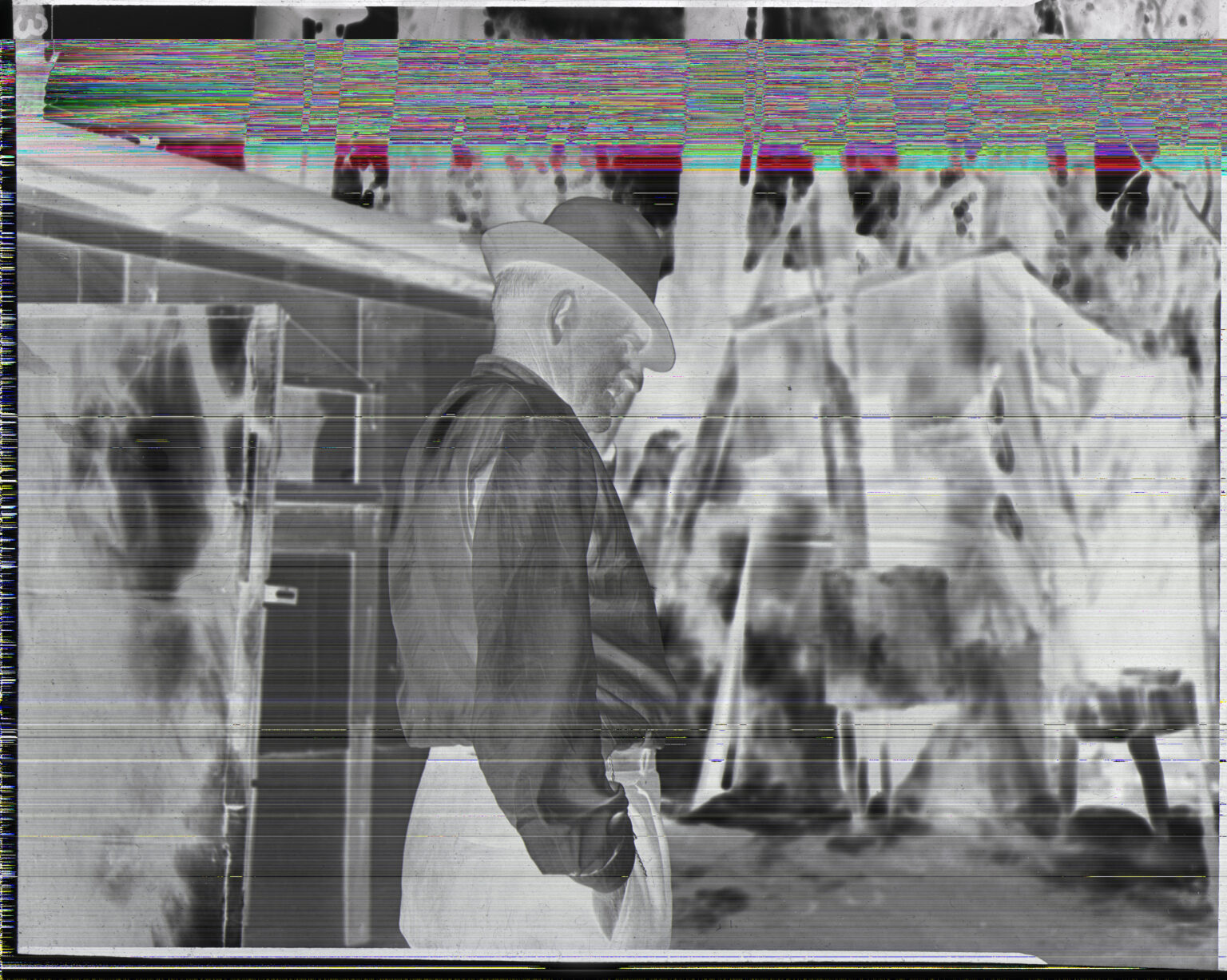When a parent or close relative passes away, the emotional challenges are often coupled with a host of logistical tasks that need immediate attention. Among these, one is determining whether they left behind a will. In some cases, they might not have. What steps should you take if you find yourself in this situation?
Very often, when someone passes away unexpectedly or with no will, their estate will need to navigate the judicial system, a process known as probate.
Once debts are settled, the remaining assets of the estate typically go to the next of kin. Legal heirs are usually a spouse and children, or, if the deceased was unmarried and without children, to their siblings. This process is called intestate succession.
Intestate succession encompasses the probate process normally associated with handling an estate. While the probate officer can expedite certain steps, such as setting deadlines for filing claims on debts, in the absence of a will, the officer is required to follow state laws to determine how the estate is distributed.
The estate’s value could go to an estranged relative or to people that the deceased person never meant to include in their will. The judicial system can also decide which family member gets guardianship of any dependents of the deceased.
But as a neutral third party, it won’t know all the family dynamics.
What To Do When There’s No Will
You can take proactive steps to ensure that all details are addressed, or at the very least, obtain answers to any questions that may arise during the process.
These steps can include:
- Contact an estate attorney. An estate attorney can help you understand what to expect, at least from a legal standpoint. The attorney can answer questions and help with details like tracking down and contacting other possible heirs.
- Decide what to do about kids and pets. Naturally, this will depend on how much responsibility you’re willing and able to assume. However, if no one steps forward to take on the responsibility of any minor children (or pets), the court system will intervene to determine guardianship.
- Communicate with other possible heirs and interested parties. In many cases, you can handle communications through an attorney if you’re not comfortable engaging directly. However, it’s often possible to resolve matters with relatives or other parties in a relatively civil manner.
- Have the court system decide if all else fails. In some situations, it may be simpler to let the probate officer or judge handle any difficult conversations. While bad feelings can still arise, the probate officer often serves as a neutral third party with the legal authority to navigate the complexities of cases where there is no will.
What Not To Do When There’s No Will
It’s easy to make mistakes during the chaotic period following a close relative’s death, especially when no will is present.
To help navigate this challenging time, here are some common mistakes to avoid:
- How to handle debt owed by the estate. The FTC states that debt collectors can only communicate with certain authorized individuals when attempting to collect a debt owed by the deceased, typically those appointed as the estate’s executor or administrator.
However, doesn’t mean debt collectors won’t try to collect from relatives and pressure them to pay the balance. Whatever you do, don’t pay or even acknowledge the debt. Instead, the FTC outlines steps you can take if you do not owe the debt that the debt collector is trying to collect. - Overestimating the size of the estate. A good general rule of thumb is that a person’s “net worth” is the value of their assets, minus the debt they owe. Whatever is leftover is the “net worth,” which is what is inherited by heirs.
You may end up inheriting much less than you expect, making it unwise to rely on an inheritance as part of your financial planning. - Forgetting about taxes. One reality is that probate usually takes time, even when there is a will. The estate may still owe taxes on real estate or income. If the deceased owned a home, it’s not uncommon to lose the home to a tax sale if the taxes aren’t paid up.
Forgetting to update your own will
Do you have a will? If not, it may be time to create one. Even if you do, it’s prudent to review it periodically to make sure your wishes are honored.
Whether it’s ensuring a loved one knows they were important to you or directing your assets toward a cause close to your heart, the process of writing a will can help bring your values into clearer focus while you’re still here.
Related: How to Put a Windfall of Money to Good Use
This article is for informational purposes only and does not constitute financial advice. Neither Fiscal Report nor the author receive a commission through links in this content.


